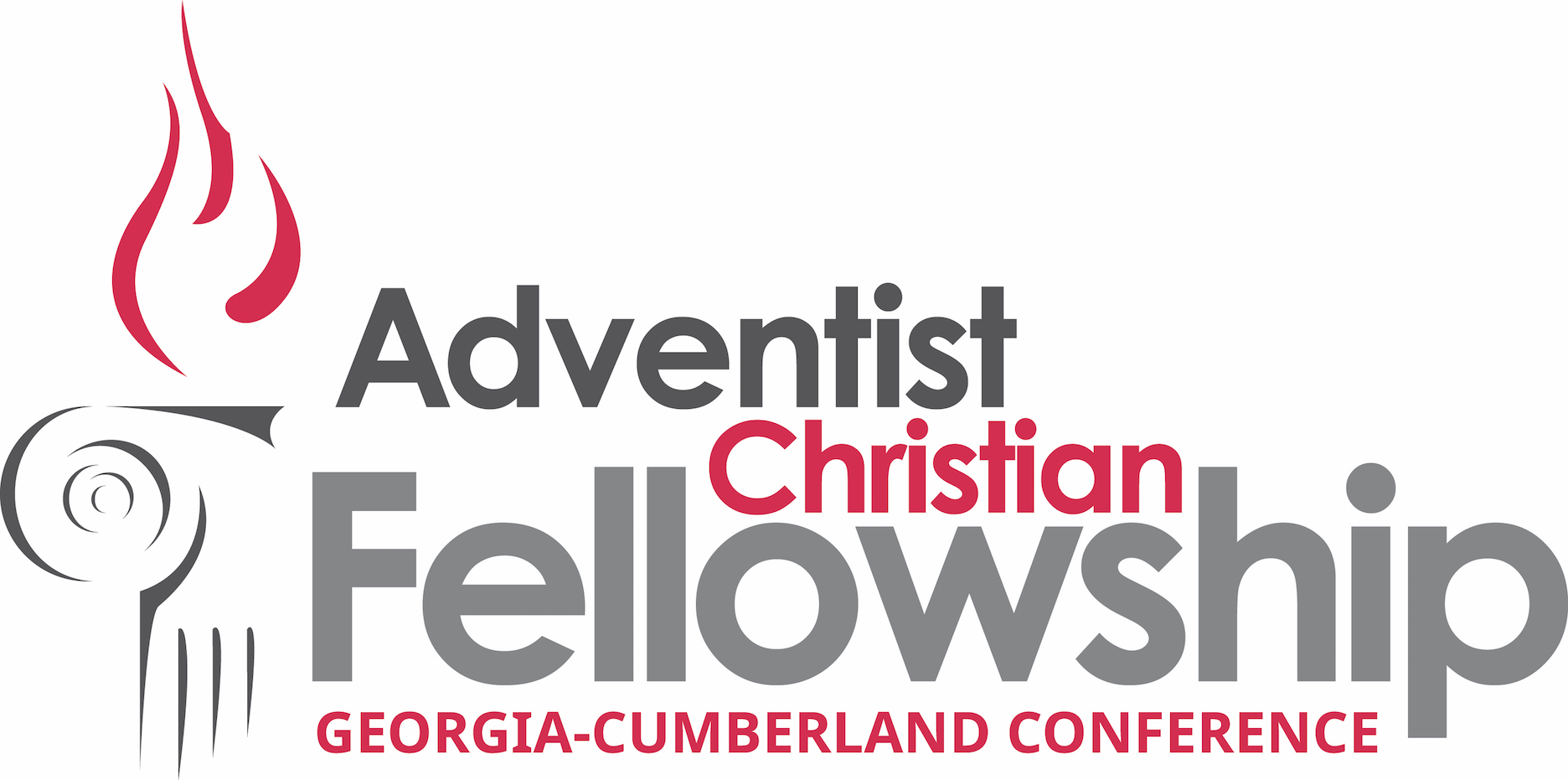Bible Study Basics
Here are 10 points to help you effectively plan and give Bible studies.
A Bible study should:
Be a study of the Bible—not a study of another book or other resource. Those are fine. But if they are the main source being used, don’t call it a Bible study. Honesty is good.
Be Christ Centered—this will help you be relational not just factual. Whether the passage is from the Old or New Testament, Christ should be central so that people are connected to Him not to ideas. John 5:39-40; 8:25-29; Luke 24:27. Christ-centered means the revelation of God’s character and His will for His children, whether explicitly through the person of Jesus (the expressed image of God) or otherwise.
Focus on God’s Love for us out of which comes the rest of the study.
Intertwine study with at least two of your recent Personal Stories, allowing others to see Christ in you—a living witness. It’s important for your hearers to know that what you’re saying is actually real for you, not just for those in the text.
Have an Application—how does this passage apply to my life?
Have a Decision—what am I going to do or how am I going to be as a result of applying this to my life?
Begin & end with Prayer—ask God to be present, to convict, and to transform.
Be Conversational—a key difference between a great Bible study, and a lecture, is how the leader facilitates shared learning and personal engagement with the text. This doesn’t mean the simple, “What does this text mean to you”? But rather questions like, “What is this text saying?” “Who is speaking?” “What’s the therefore there for?” etc. This kind of guided conversation still leads to the main points of the text, but is the difference between memorable Bible study with lots of “A ha” moments and a study that ends with, “I’ll agree with whatever you say, just let it end!”
Be Simple—much can be gleaned from studying a single passage than from using many passages to get a point across. Of course, there are appropriate times to use multiple passages in a study. When that is the case, I recommend no more than 10-12 verses aside from your key passage. Otherwise the hearers lose interest.
Be Time-Conscious—you can’t always plan in advance but when given the opportunity, stick to healthy times. As my dad told me years ago, no one’s processing really well at 11pm. The later the hour, the more prone we may be to mishandling God’s Word.
